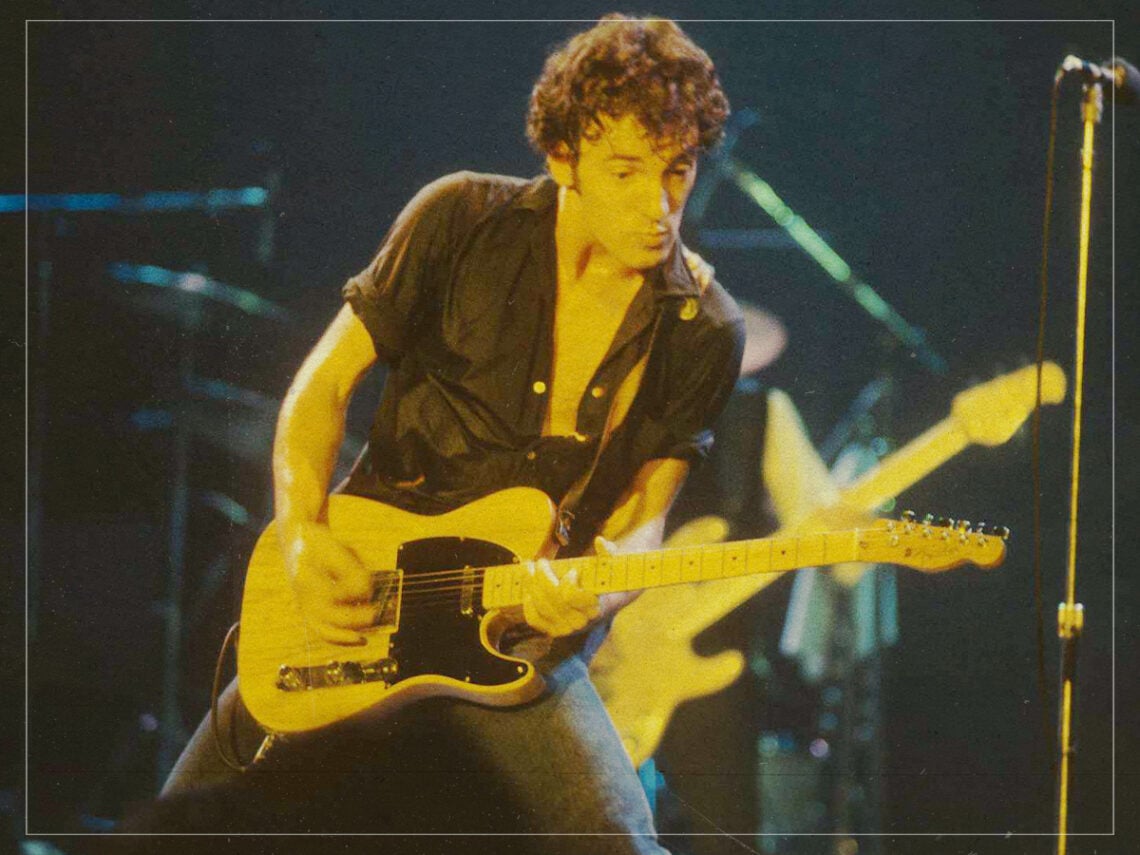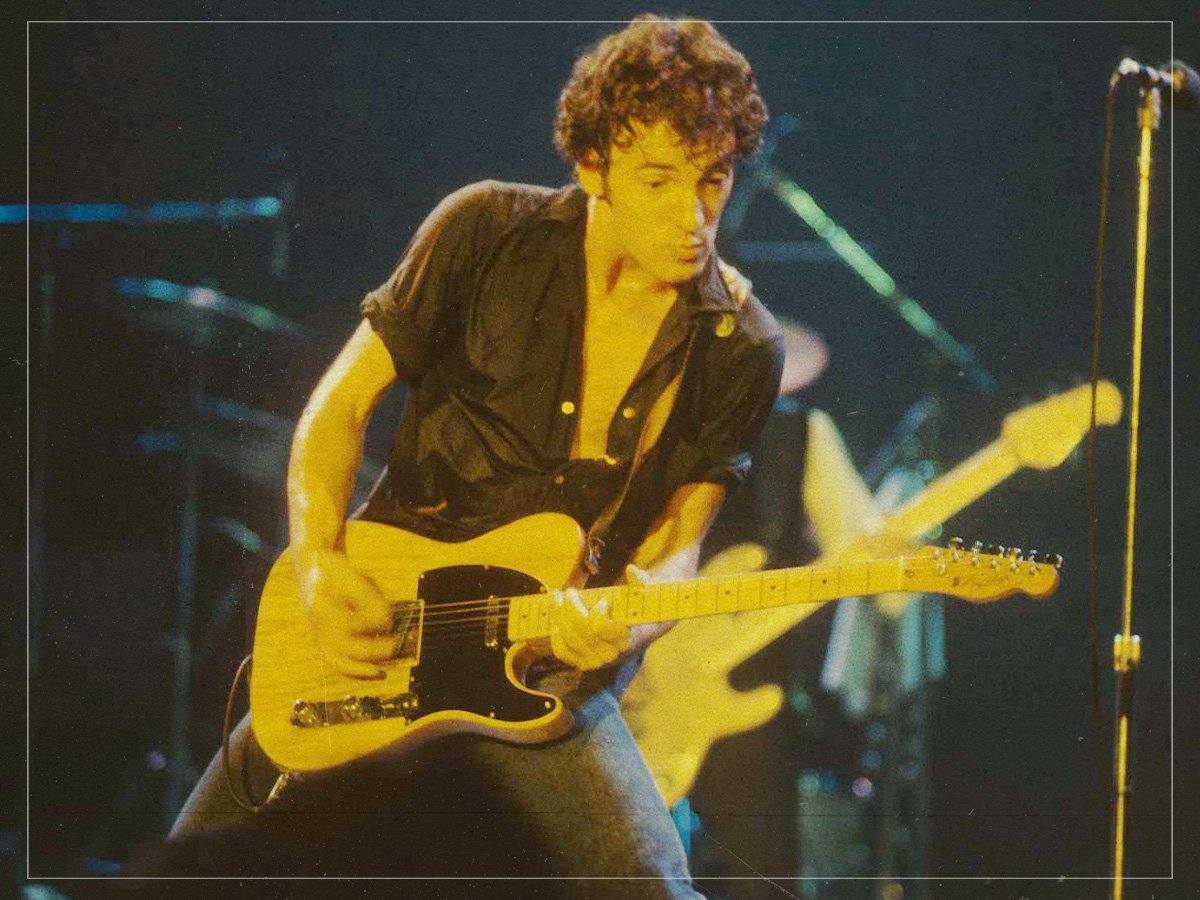
(Credits: Far Out / Carl Lender)
Tue 9 September 2025 20:30, UK
When I was seven years old, I decided that for the rest of my life, I would “stick it to the man!” Why did I feel so inclined to do that? Well, because 2003 was the year Jack Black introduced me to the quintessential idea of rock and roll.
Through School Of Rock, I understood the basic instinct of anti-establishment behaviour and how it can be – sensibly – channelled through music: “If I do what you say / I might turn into a robot / Do my chores day after day /And they don’t want any lip”.
Tongue-in-cheek, of course, and I am also happy to admit that, when my parents came calling at the end credits and asked me to help them set the table, I still did it. But as Black sang, the essence of music and how we engaged with it served as a reminder that we are humans, not followers, and we have the agency to emotionally connect with the world around us.
As I grew older, I understood that this didn’t always have to manifest around negativity and rebellion. Sure, in some songs, it’s the easiest, most palpable idea to latch on to, but good rock and roll continues to inspire feelings elsewhere. Motivation, love and camaraderie are three of the most notable attitudes that exist in some of the greatest rock and roll music in history.
They were the three pillars of Bruce Springsteen’s songwriting, the avenues through which he could both explore and galvanise humanity. But don’t get it twisted, it was as anti-establishment as anything else out there, including the spiky realms of punk, but delivered in a more philanthropic way to sought to push back against norms through a loving and spirited revolution.
Outrage wasn’t really of interest for Springsteen, who was more of a storyteller than an army leader. He revelled in how lyrics had an ability to hide meaning, to unravel storylines with every new verse and conceal others with double entendres. There was one particular song in his discography that he credits with doing this best.
“There is an unspoken subtext,” he explained, while breaking down his song ‘The Rising’. He added, “That is the beauty of music and rock and roll. It comes in, and it continues to tell a story. The ‘li-li’s’, what do they say? They say, sing with me. They also say, stand alongside me. We will stand together in this. ‘Spirits above and behind me / Faces gone / black eyes burnin’ bright / May their precious blood bind me.’”
In this song, which primarily deals with a very literal story: the recovery of the American people in the tragic wake of 9/11. But such was the visceral damage of this event that Springsteen can, of course, use simple imagery to evoke emotion. It was in the subtext, the shadows of the story, where the true meaning would be found.
Where Springsteen’s lyrics would act as a rally cry for the country, long after the recovery and into a time where the song’s spirit of camaraderie can be injected into another historical event.
Related Topics

